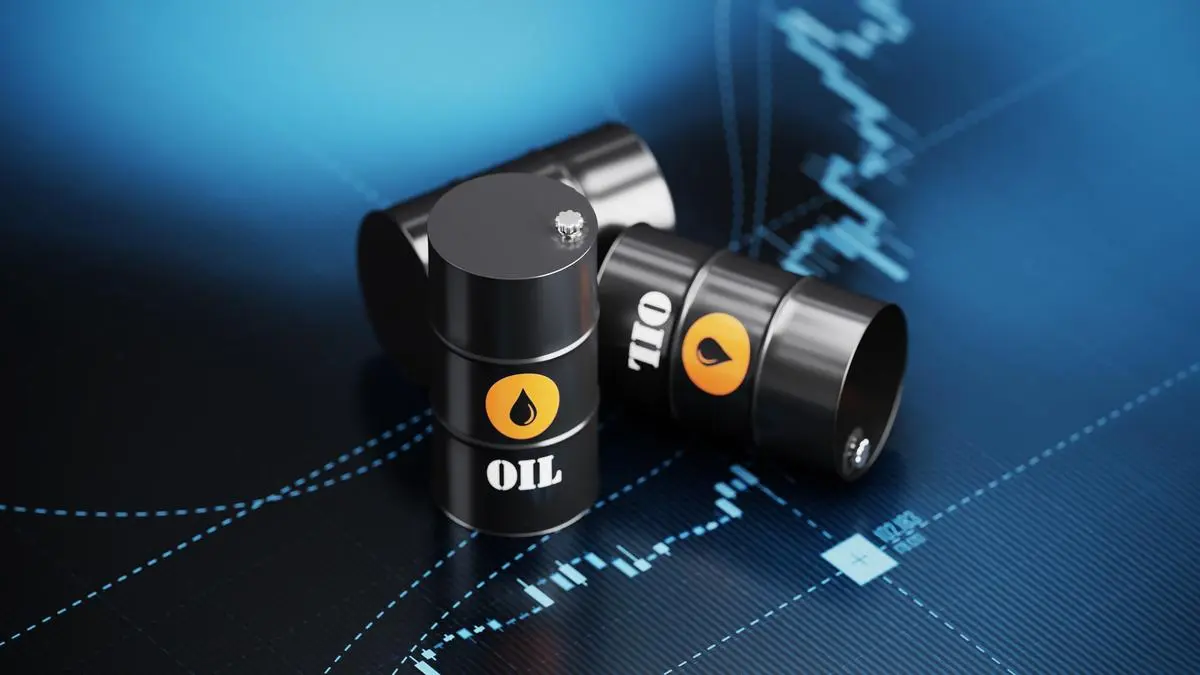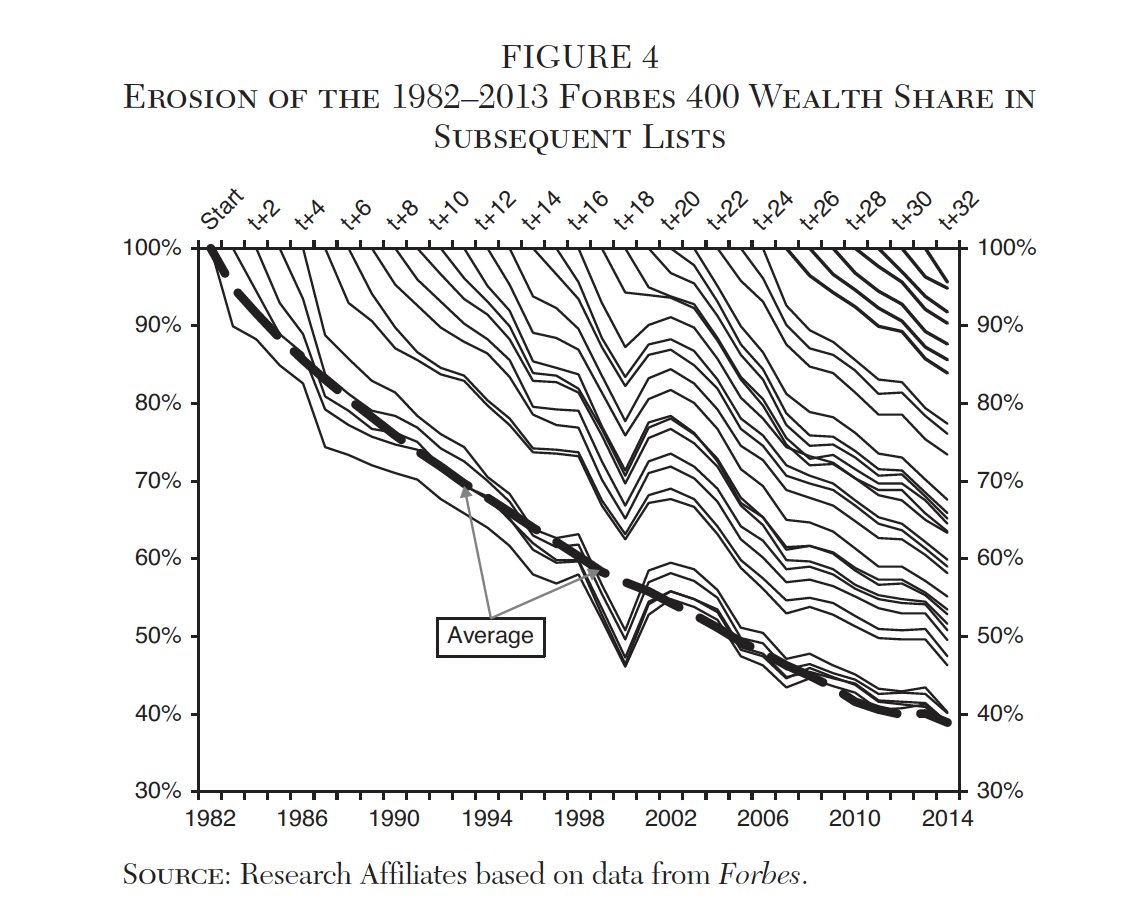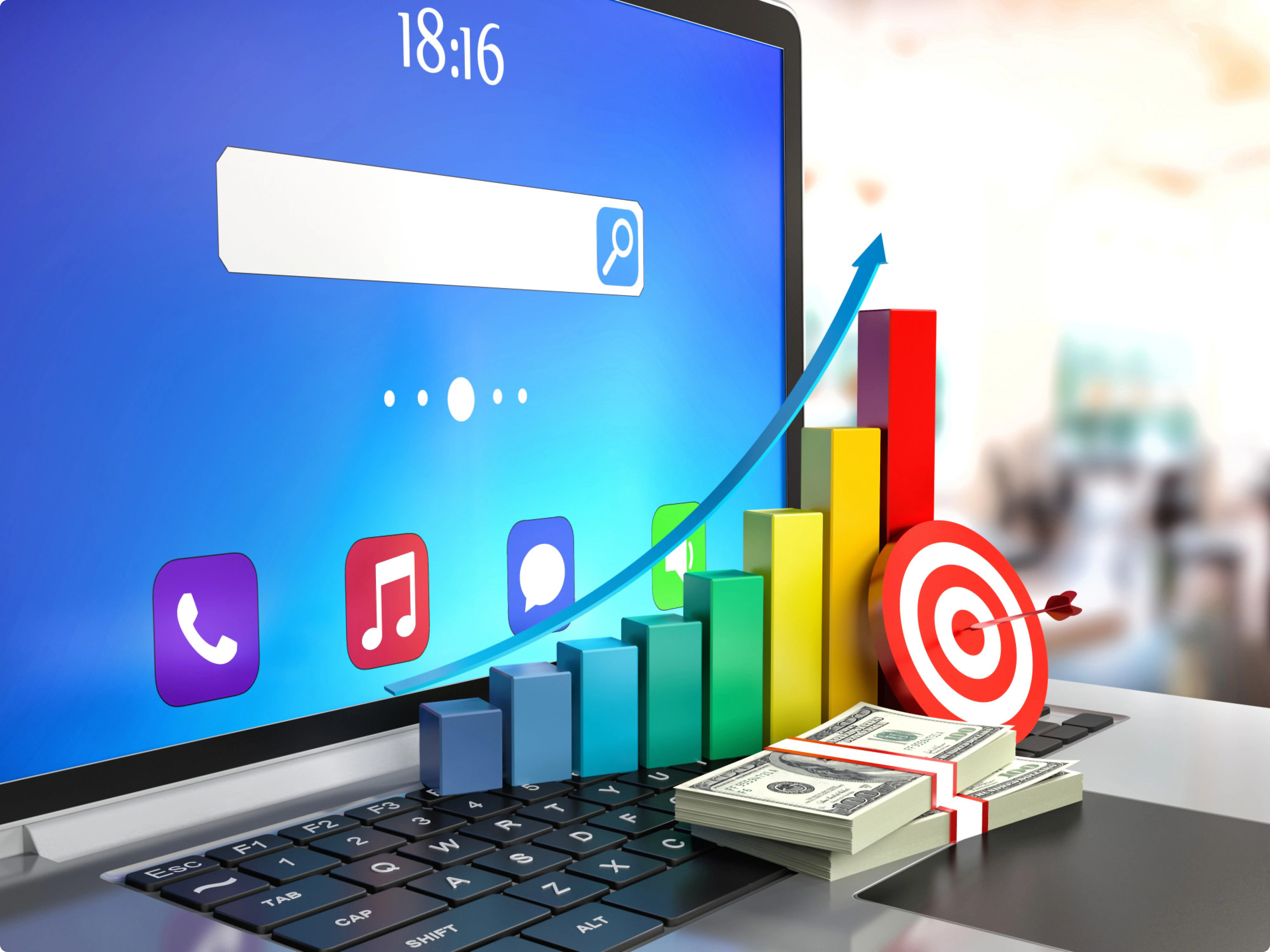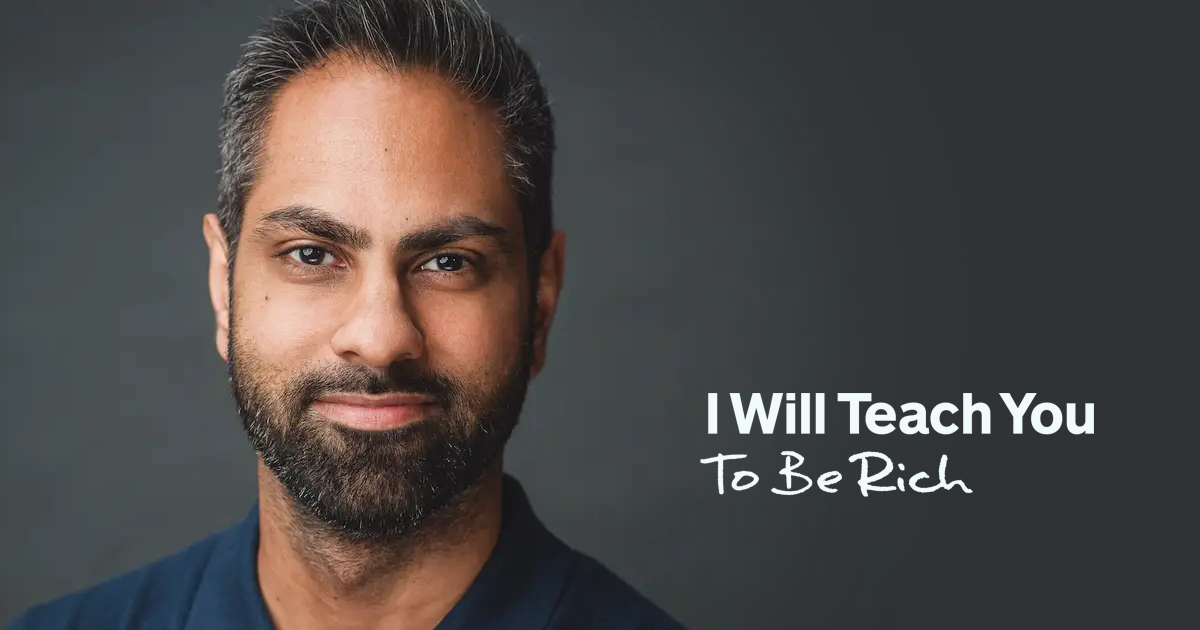In this article we will cover what to use your credit card for and when you should NOT use it.
Credit cards can be great, give a ton of perks, great short term loan, and can help track your spending.
They can also be your credit’s worst enemy. Late payments, overspending, and going into debt can hurt your credit.
What To Buy With A Credit Card – The Truth
The truth about credit cards lies somewhere between these two extremes. As long as you manage them well, they’re worth having. But if you don’t completely pay off your bill at the end of the month, you’ll owe an enormous amount of interest on the remainder, usually about 14 percent.
This is what’s known as the annual percentage rate, or APR. Credit card companies also tack on a whopping fee every time you miss a payment—usually around $35. It’s also easy to overuse credit cards and find yourself in debt, as many American credit card users have done.
This isn’t meant to scare you away from using credit cards. In fact, instead of playing defense by avoiding credit cards altogether, I want you to play offense by using credit cards responsibly and getting as many benefits out of them as possible.
When I was traveling with my fiancée to see her family in Dubai, I surprised her with a three-night stay at a resort in the desert that could only be described as 7-star. We had a private villa in traditional bedouin style overlooking the Dubai desert with a private pool, and all meals at the resort were provided. The whole experience easily would have cost $2,000-plus a night, but I did the whole thing for free with points.
—NATHAN LACHENMYER, 29
I recently booked 2 round-trip tickets from San Francisco to Italy for a 2-week vacation this fall. The flights were completely free with credit card points!
—JANE PHILIPPS, 30
In the past year I’ve flown business class to Spain and stayed at luxury hotels for a week, flown round-trip business class with my girlfriend to Thailand, and flown my mother to Germany business class to visit for her father’s 80th birthday. I’m also about to redeem miles to go to Budapest next spring!
—JORDAN PETIT, 27
Most people are playing the game wrong
I’ve spoken to literally thousands of people who are in debt. Some of them have had tough situations—unexpected illnesses, elderly parents who need support, surprise expenses. But, candidly, some of them are simply playing the game wrong. They’ve never spent a weekend reading a book on personal finance. They don’t even know how much they owe! Instead of doing the work to aggressively win at the game of debt, they complain. It’s like watching a four-year-old trying to play Monopoly, then realizing they can’t understand the rules (which they’ve never read), getting angry, and flipping the board over. I’ll show you how to win.
When it comes to student loans and credit cards, my goal is for you to stop playing defense. I’m going to show you how to play offense instead. For student loans, make an aggressive plan and minimize the amount of interest you pay. For credit cards, I squeeze every single benefit out of them. Basically I want the credit card companies to hate you, as they hate me.
The best part is how fast you can change your financial life once you switch from playing defense to playing offense with your money.
In the 3½ years since I read the book, I paid off $14,000 in credit card debt and $8,000 in student loan debt.
—RYAN HEALEY, 27
In the past year since I started this book, I opened a 401(k) and a Roth IRA, understand how they work, and have funded $7,200 toward my retirement. I also opened 2 credit cards to build my utilization and boost my credit score and am 100 percent a deadbeat customer who pays on time every month in full.
—JEFF COLLINS, 35
I learned how to automate my credit card payments, set up flexible spending, and start investing in index funds. Today I have amassed over $40,000 in my “net worth,” having been out of school for less than 2 years. Thanks for the advice!
—EMILY BAUMAN, 24




































